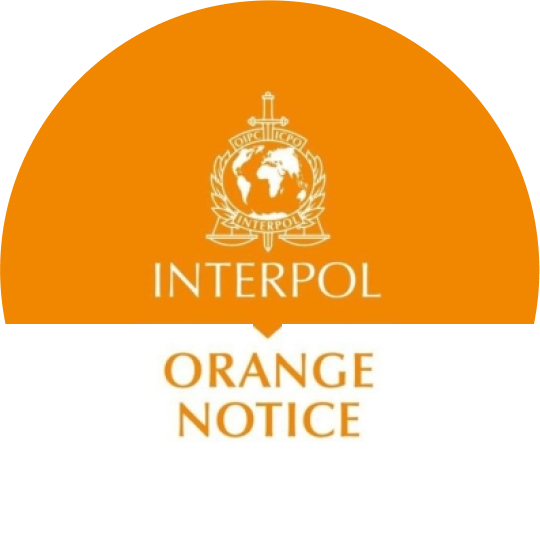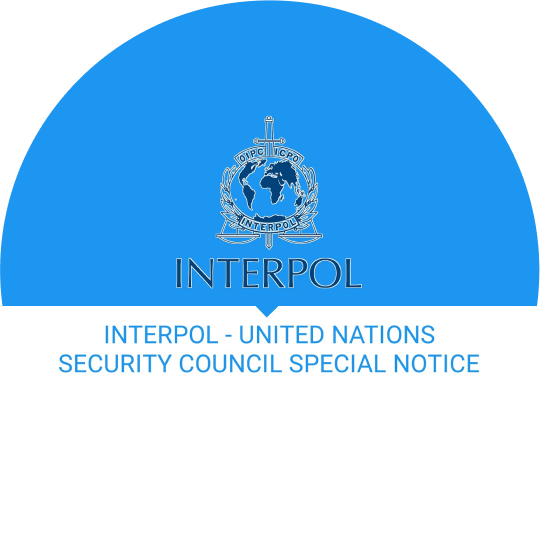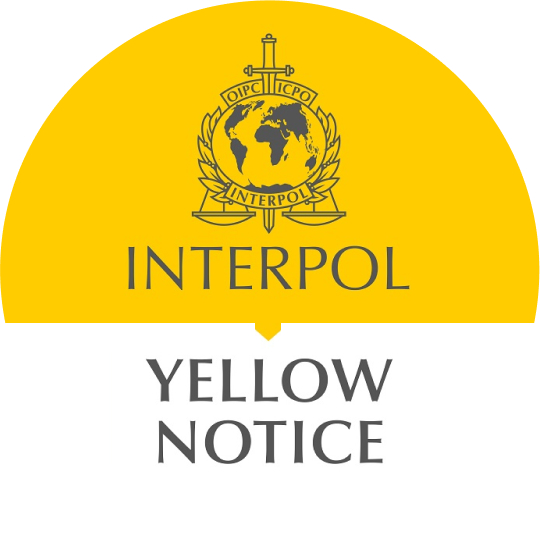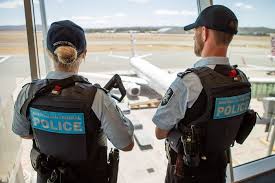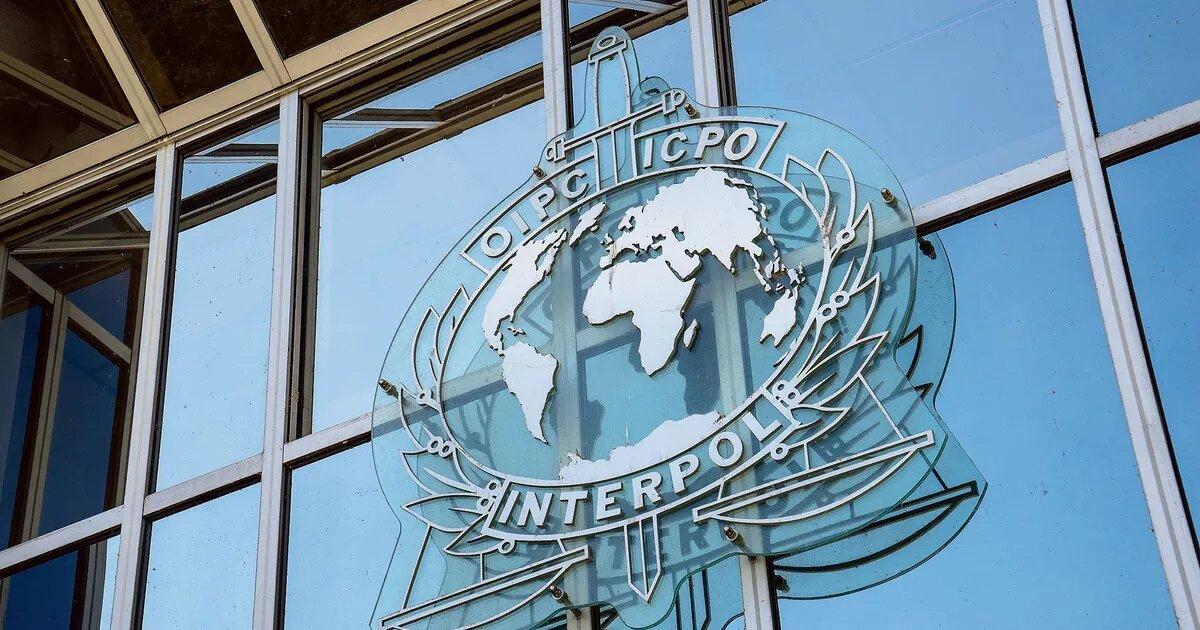Interpol Lawyers in Australia provide expert legal guidance and representation to clients facing Interpol-related legal challenges, cross-border investigations, and international criminal law matters. They possess an in-depth understanding of local and international laws and have extensive knowledge of the intricacies of Interpol and extradition proceedings.
Interpol Lawyers in Australia work closely with local and international law enforcement agencies to navigate the complexities of Interpol notices and extradition treaties. They assist clients in challenging Interpol notices, filing appeals, and seeking provisional release, among other matters related to Interpol and extradition.
Clients in major Australian cities like Sydney, Melbourne, Brisbane, Perth, Adelaide, and Canberra can benefit from the expertise of Interpol Lawyers in Australia. Their widespread presence across the country ensures that clients have access to exceptional legal services in the realm of Interpol and extradition law. The dedication of these lawyers to their client’s needs and their commitment to providing outstanding legal guidance and representation makes them a trusted choice for those facing Interpol-related legal challenges in Australia.
Interpol Lawyers has a comprehensive network of representatives strategically positioned in major cities throughout Australia, ensuring their clients have access to exceptional legal services no matter their location. The key cities in which Interpol Lawyers has established a presence include:
- Sydney: As Australia’s largest and most populous city, Sydney serves as a key hub for Interpol Lawyers, providing comprehensive legal support to clients in international disputes, trade, and extradition matters.
- Melbourne: Interpol Lawyers offers its expert services in Melbourne, a city renowned for its diverse and thriving economy. The firm is dedicated to providing tailored solutions for clients in this bustling metropolis.
- Brisbane: The rapidly growing city of Brisbane is home to a branch of Interpol Lawyers, ensuring that clients in Queensland’s capital have access to top-notch legal representation in the realm of international law.
- Perth: Interpol Lawyers’ presence in Perth, Western Australia’s thriving capital, enables the firm to cater to clients on the west coast, offering expert guidance on international legal matters and extradition cases.
- Adelaide: Interpol Lawyers extends its outstanding services to Adelaide, South Australia’s capital, providing clients with the highest quality legal advice and support in international disputes and cross-border challenges.
- Gold Coast: Known for its vibrant tourist industry, the Gold Coast benefits from Interpol Lawyers’ expertise in handling international legal issues, ensuring both local and foreign clients receive top-quality representation.
- Canberra: As Australia’s capital, Canberra is an important location for Interpol Lawyers. The firm’s presence in the city allows them to stay current with national and international legal developments while providing clients with exceptional legal services.
- Newcastle: Interpol Lawyers serves clients in Newcastle, a key regional center in New South Wales, offering expert representation in international legal matters and extradition cases.
- Wollongong: In the coastal city of Wollongong, Interpol Lawyers provides clients with access to experienced legal professionals well-versed in international law and cross-border disputes.
- Hobart: Interpol Lawyers extends its services to Hobart, the capital of Tasmania, ensuring that clients in this island state receive top-tier legal support and representation in international legal matters.
- Geelong: Interpol Lawyers has a presence in Geelong, providing the city’s growing population with expert legal advice on international disputes, extradition proceedings, and trade law.
- Townsville: Clients in Townsville, a thriving regional center in Queensland, can rely on Interpol Lawyers for expert guidance and representation in all aspects of international law and extradition cases.
- Cairns: Interpol Lawyers’ presence in Cairns enables the firm to serve clients in this popular tourist destination, offering comprehensive legal support in international disputes and cross-border legal challenges.
Interpol Law Firm Australia: Excellence in International Legal Services
Interpol Law Firm Australia is a distinguished legal practice, offering top-notch international legal services to clients across the globe. With a team of highly skilled and experienced lawyers, the firm specializes in providing guidance and representation in complex cross-border disputes, international arbitration, and international trade law, among other areas.
As a prominent player in the Australian legal market, Interpol Law Firm Australia is committed to ensuring the highest standards of legal advice and service delivery, with a keen focus on addressing the unique needs of each client. The firm’s exceptional track record of success, combined with its deep understanding of both domestic and international legal frameworks, has made it the go-to choice for clients seeking a reliable and knowledgeable partner in navigating the intricate world of international law.
Extradition Lawyers Australia: Expertise in Cross-Border Legal Challenges
Extradition Lawyers Australia is a renowned legal practice with a strong focus on assisting clients in extradition matters and other cross-border legal challenges. Boasting a team of highly qualified and experienced legal professionals, the firm provides comprehensive guidance, representation, and support to clients facing extradition proceedings, international arrest warrants, and mutual legal assistance requests.
With an unwavering commitment to protecting clients’ rights and interests, Extradition Lawyers Australia approaches each case with a thorough understanding of both domestic and international extradition laws. Their strong global network of legal experts and relationships with foreign jurisdictions ensure that clients receive the most effective defense strategies and robust representation. Through their dedication to achieving favorable outcomes for clients, Extradition Lawyers Australia has solidified its position as a leading authority in the field of extradition and cross-border legal matters.
Interpol Red Notice Removal Australia: Defending Your Rights and Reputation
Interpol Red Notice Removal Australia is a premier legal service provider specializing in the challenging process of removing Interpol Red Notices and diffusions on behalf of their clients. These notices, issued by Interpol to request the arrest and extradition of individuals for prosecution or to serve a sentence, can have devastating effects on personal and professional lives.
The experienced legal team at Interpol Red Notice Removal Australia is well-versed in navigating the complexities of Interpol’s procedures and regulations. By conducting a thorough analysis of each case, they assess the validity and legality of the Red Notice or diffusion and work diligently to contest any unjust or politically motivated notices. Leveraging their extensive knowledge of international human rights laws, they strive to protect their clients from potential abuse of the Interpol system.
Interpol Red Notice Removal Australia’s commitment to excellence and strong track record in achieving successful outcomes for clients make them a trusted ally in the fight to restore reputations and safeguard clients’ rights on the international stage.








